24/7 Helpline:
(866) 899-221924/7 Helpline:
(866) 899-2219
Learn more about PTSD Rehab centers in Sumter County
PTSD Rehab in Other Counties

Other Insurance Options

Horizon Healthcare Service

Evernorth

Aetna

Oxford

CareSource

BlueCross

Medical Mutual of Ohio

AllWell

Humana

PHCS Network

Premera

MVP Healthcare

BlueShield

CareFirst

Optima

Choice Care Network

Carleon

Optum

BHS | Behavioral Health Systems

Molina Healthcare

LifeStream Behavioral Center
LifeStream Behavioral Center meets the behavioral healthcare needs of Lake and Sumter County residen...

Tri State Treatment
Tri State Treatment is a private rehab located in Wildwood, GA. Tri State Treatment specializes in t...

LUK
LUK is a not-for-profit social service agency located in central Massachusetts dedicated to improvin...

Cape Assist
Cape Assist is a private rehab located in Wildwood, New Jersey. Cape Assist specializes in the treat...

Innovative Alternatives – Bay Area Turning Point
Innovative Alternatives - Bay Area Turning Point is a non-profit outpatient clinic that provides cou...

Saint Croix Tribal Health Clinic – Behavioral Health
Saint Croix Tribal Health Clinic – Behavioral Health is a public rehab located in Webster, Wisconsin...




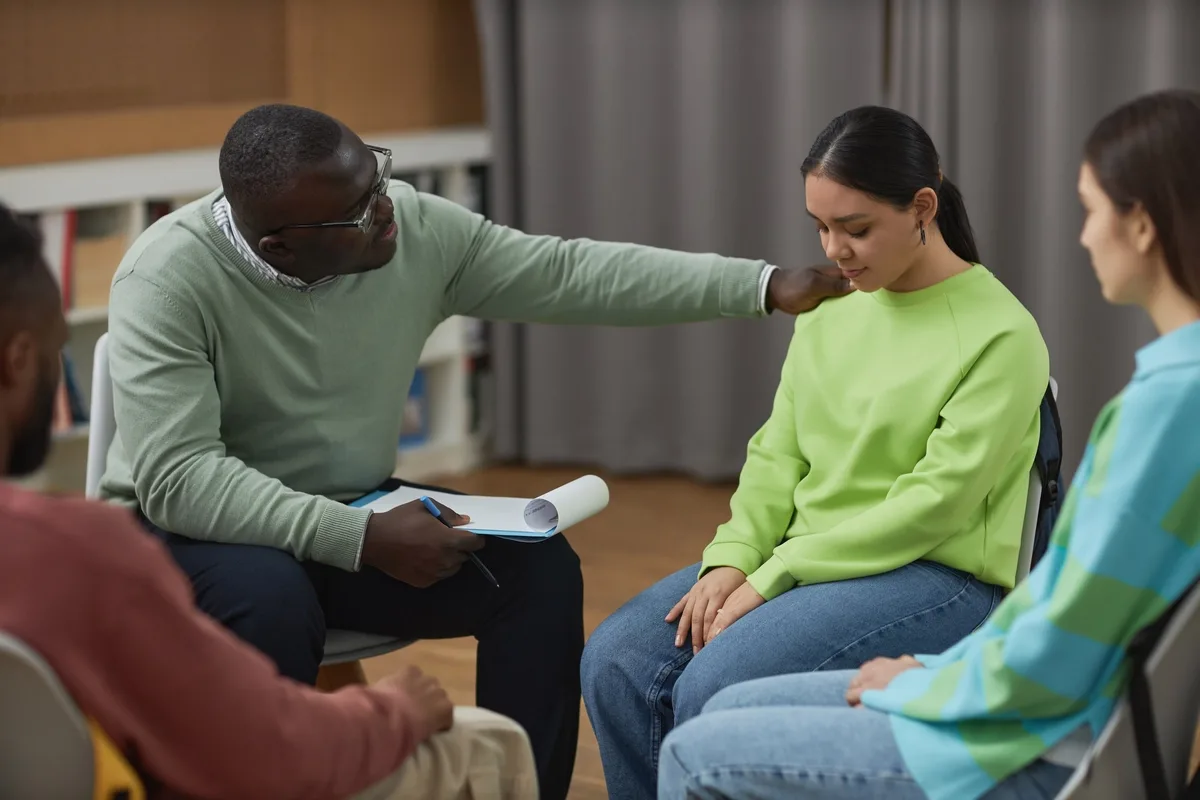















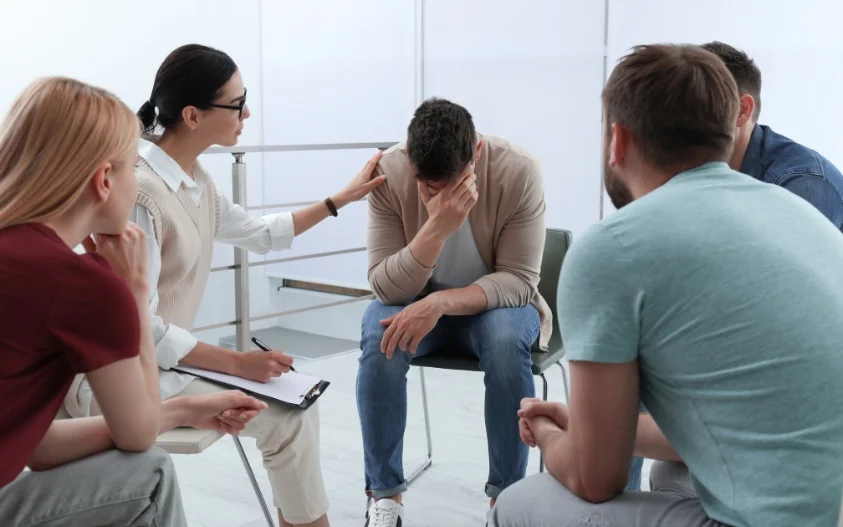

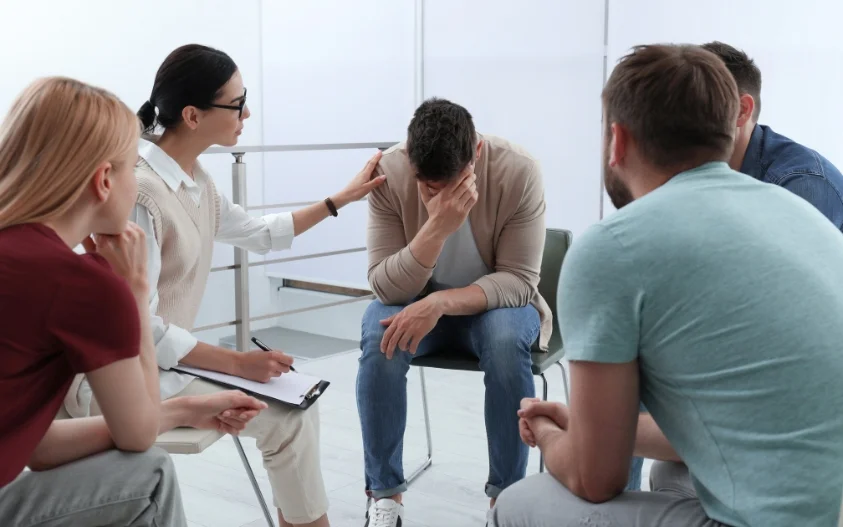


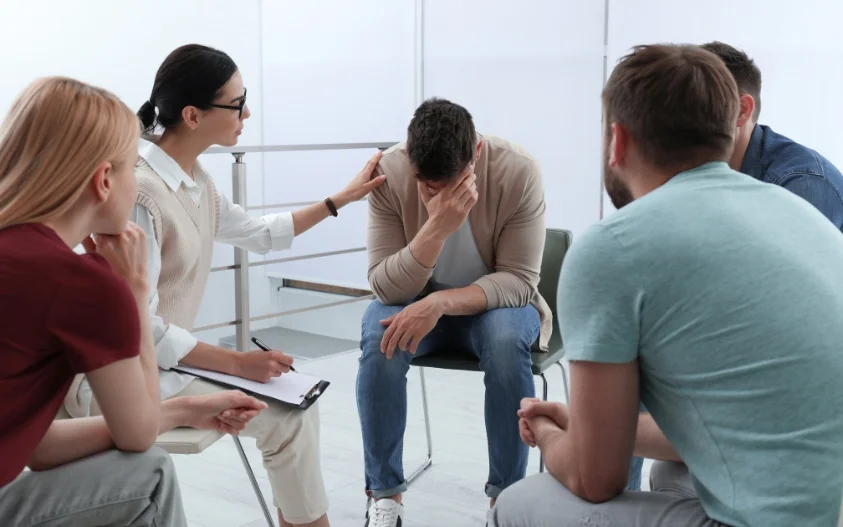








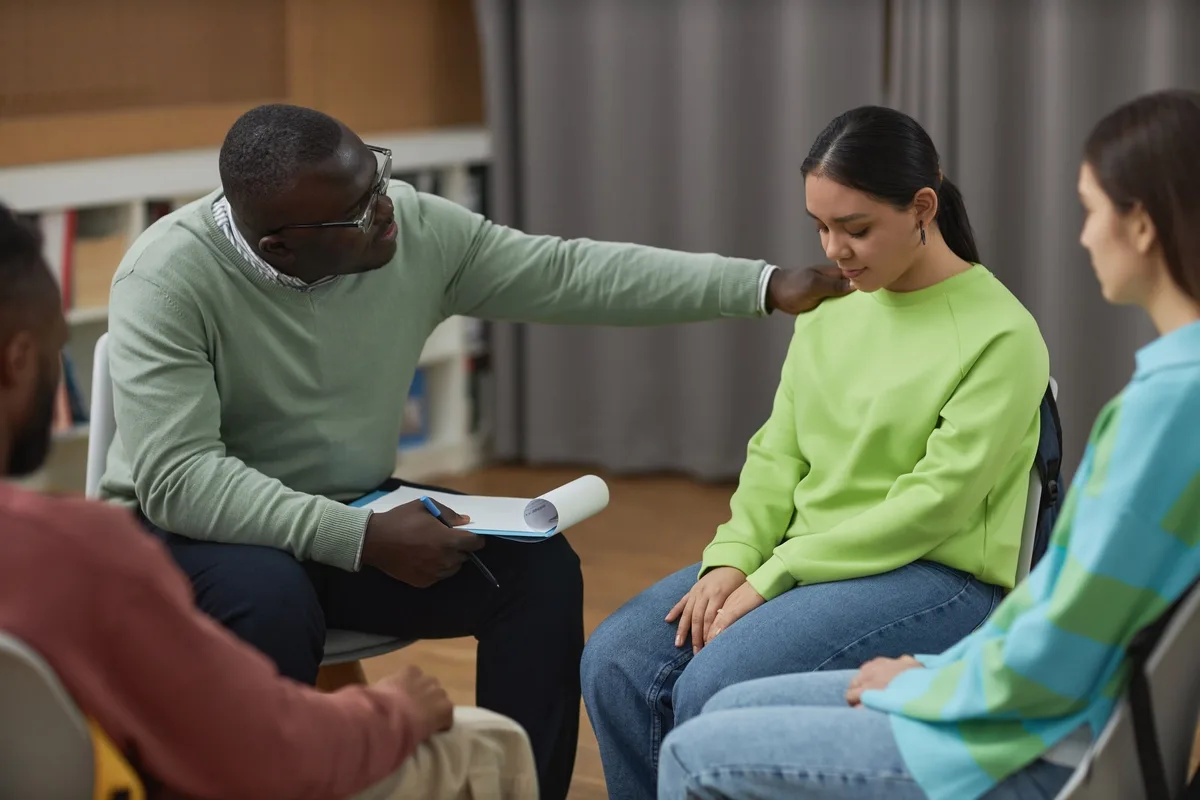





































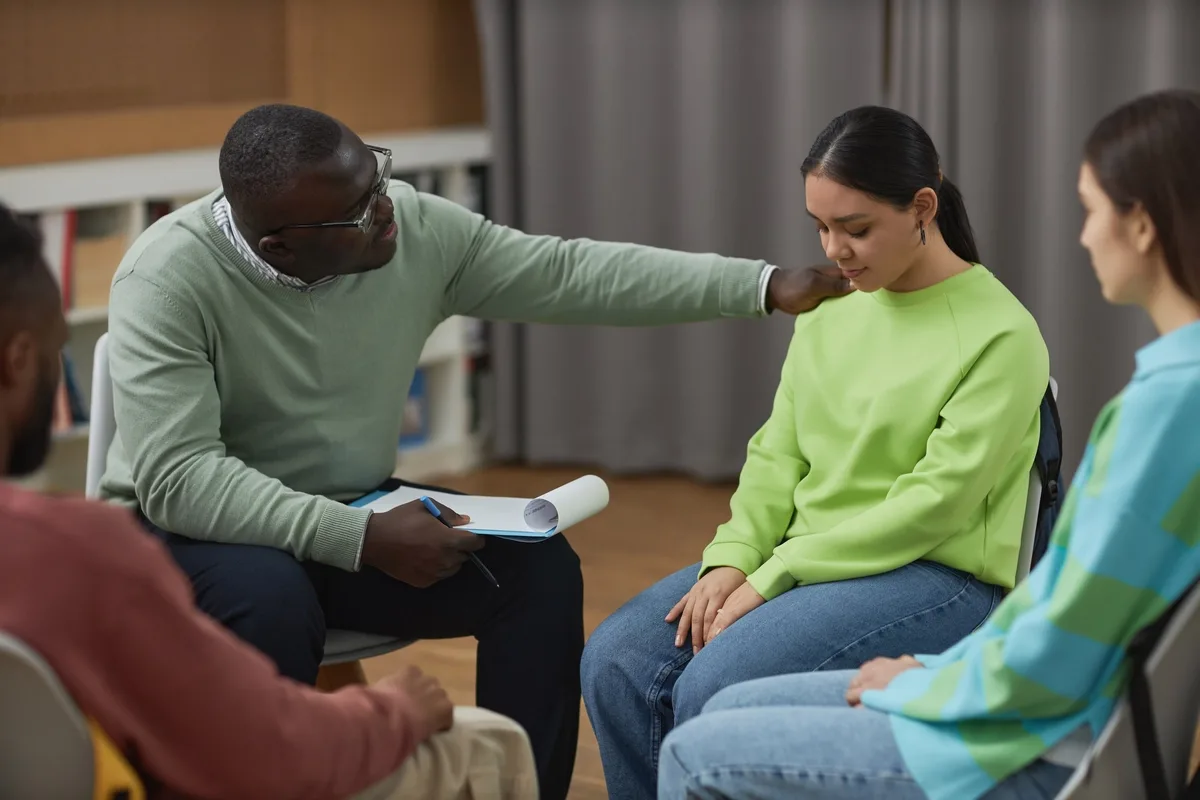






















LifeStream Behavioral Center – Phoenix House
LifeStream Behavioral Center - Phoenix House is a residential rehab located in Sumterville, FL. Life...

LifeStream Behavioral Center
LifeStream Behavioral Center is a private rehab located in The Villages, Florida. LifeStream Behavio...

Barnabas House Ministries
Barnabas House Ministries is a private rehab located in Wildwood, New Jersey. Barnabas House Ministr...

Twelfth Step House
Twelfth Step House is a private rehab located in Wildwood, New Jersey. Twelfth Step House specialize...

Northeastern Mental Health Center
Northeastern Mental Health Center is a private rehab located in Webster, South Dakota. Northeastern ...

The Watershed Treatment Program
The Watershed Treatment Program is a premiere addiction treatment facility specializing in alcohol a...

Bay Area Recovery Center
Bay Area Recovery Center is a private rehab located in Webster, Texas. Bay Area Recovery Center spec...

Center for Life Resources
Center for Life Resources is a non-profit rehab located in Coleman, Texas. Center for Life Resources...

Northwest Counseling – Passage Riverside
Northwest Counseling – Passage Riverside is a private rehab located in Webster, Wisconsin. Northwest...


































































